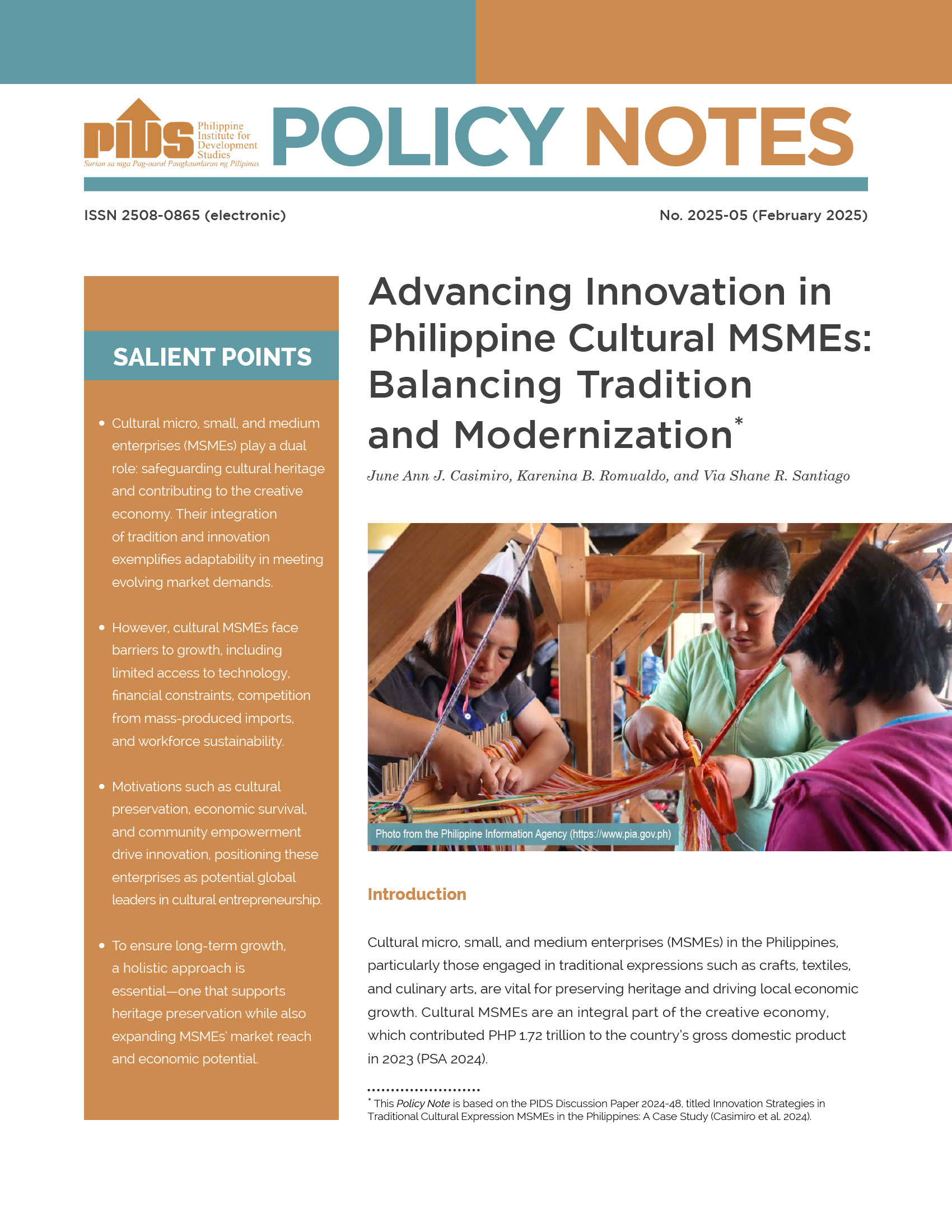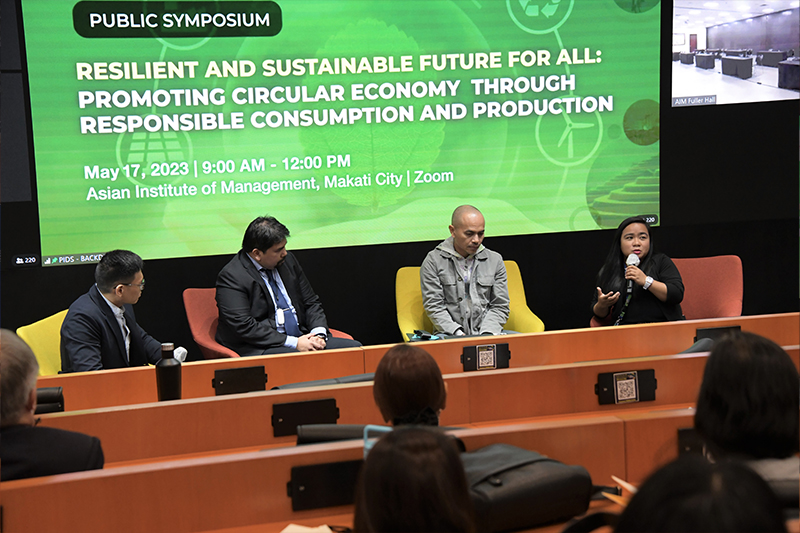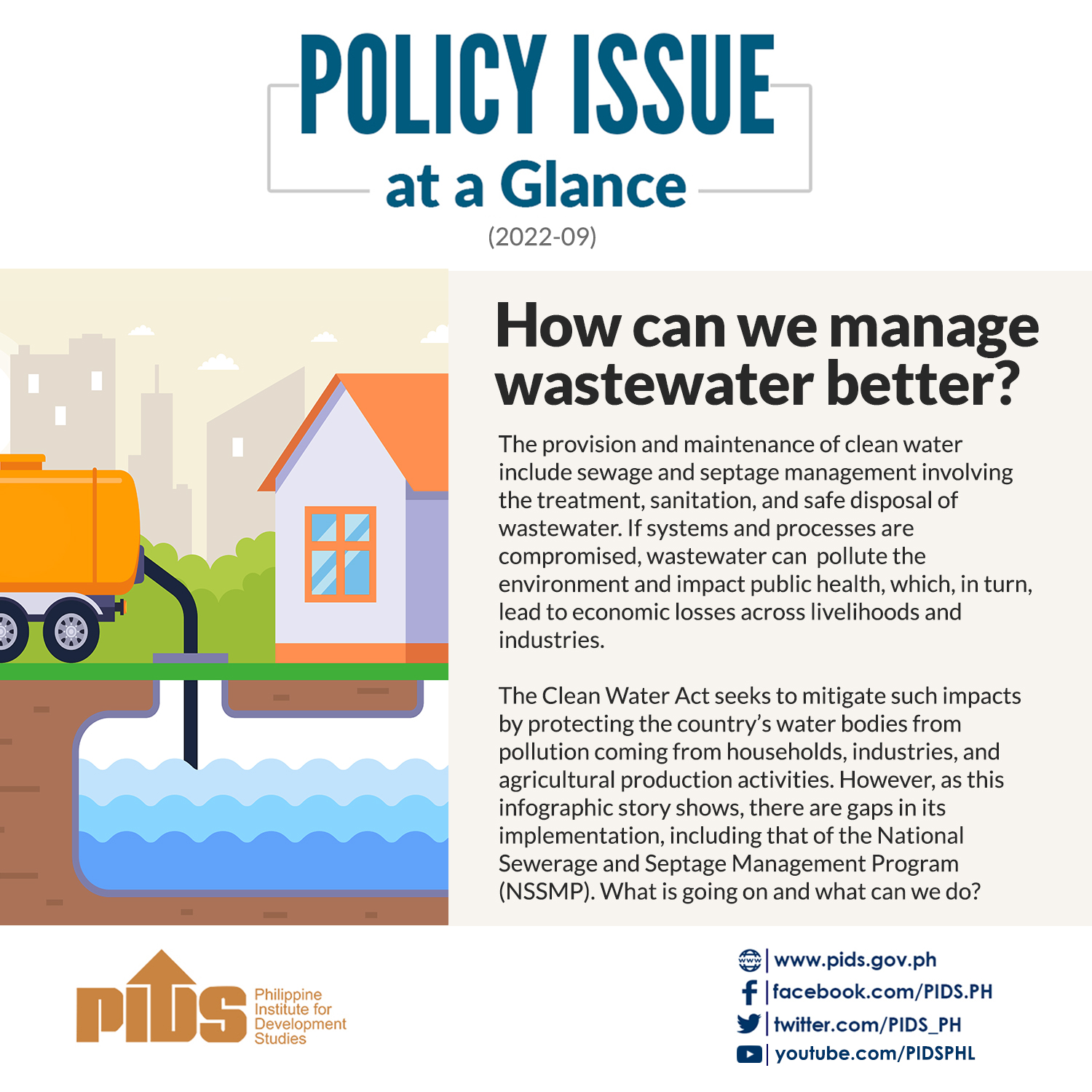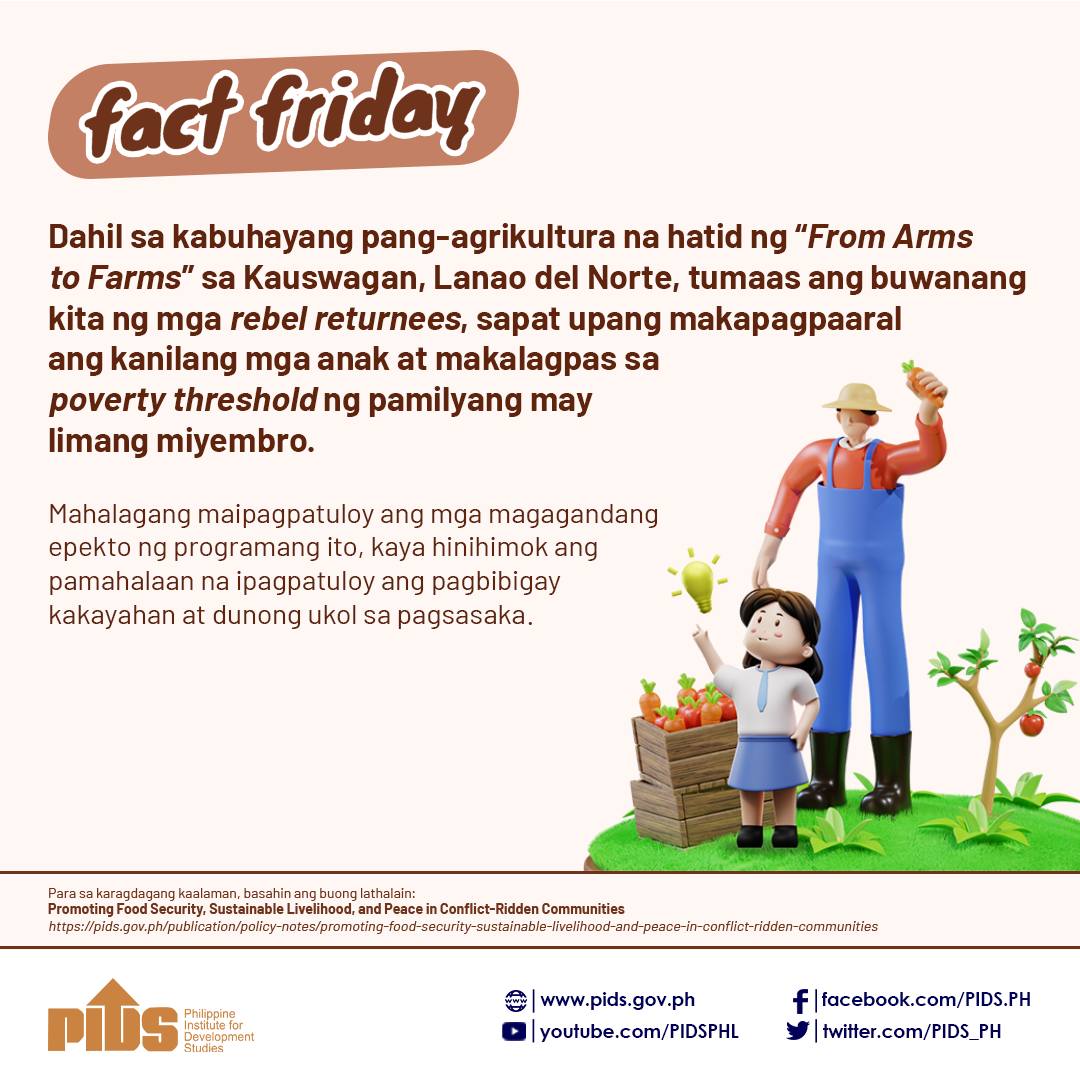The fate of the country’s accession to the Regional Comprehensive Economic Partnership (RCEP) should be better left to the next Congress, the Federation of Free Farmers (FFF) on Thursday said.
The farmer’s group is hoping that the next administration would be more sympathetic to agriculture concerns, particularly those of small farmers.
“It will be only fair and proper to let the senators of the incoming 19th Congress study and deliberate on a critical matter like RCEP. Hopefully, the next administration—particularly the new leadership in the DA —will also be more sympathetic and receptive to the concerns of small farmers and the agriculture sector as a whole,” FFF National Manager Raul Montemayor said in a news statement.
The FFF said their opposition to RCEP, which has been dubbed the largest regional trade agreement in the world, is not largely because of fear of competition.
The group said farmers need government support in order to better compete. FFF said the government’s actions such as “unilaterally cutting tariffs” is an act of betrayal.
“We oppose RCEP not because we fear competition. We just want to make sure that we have the proper resources and tools to compete in the open market. And we need to know if the government will be supportive and not suddenly betray us by unilaterally cutting tariffs and allowing excessive imports—as it is doing now,” Montemayor said.
Before ratifying the RCEP, FFF urged the government, particularly the Department of Agriculture (DA) to undertake a thorough evaluation of the country’s trade performance under previous trade agreements.
These should date back from the country’s accession to the World Trade Organization in 1995 and successive free trade agreements through Asean and bilaterally with Japan and South Korea.
FFF said such an assessment would provide the basis for identifying steps to mitigate threats and constraints as well as devising strategies and programs to capitalize on trade opportunities proffered by trade agreements such as RCEP.
Earlier, the Philippine Institute for Development Studies (PIDS) estimated the country’s GDP would see a decline in growth of about 0.26 percent if it opted out of the RCEP.
However, PIDS Senior Research Fellow Francis Mark Quimba, Supervising Research Specialist Mark Anthony Barral, and Research Analyst Abigail Andrada said the economy could grow 2.02 percent if the country ratified the RCEP.
To date, the Philippines has yet to ratify the RCEP unlike some of its Asean peers like, Thailand, Singapore, and Vietnam. In January, the RCEP, dubbed the world’s largest trade deal, came into force.
However, Quimba and the other PIDS researchers said that while RCEP “can be a catalyst for economic development,” the Philippines should improve its trade openness, sectoral orientation, and complementarity.
Ibon Foundation Inc. warned the country’s agriculture sector will suffer heavy losses under the RCEP as many of the countries included in the trade deal are protected and subsidized by their governments.
Ibon said other RCEP countries give greater support to their agricultural sectors. Farmers in these countries are more protected and subsidized for decades, which have made them more competitive.
Farmers say RCEP’s fate better left to next administration’s decision












